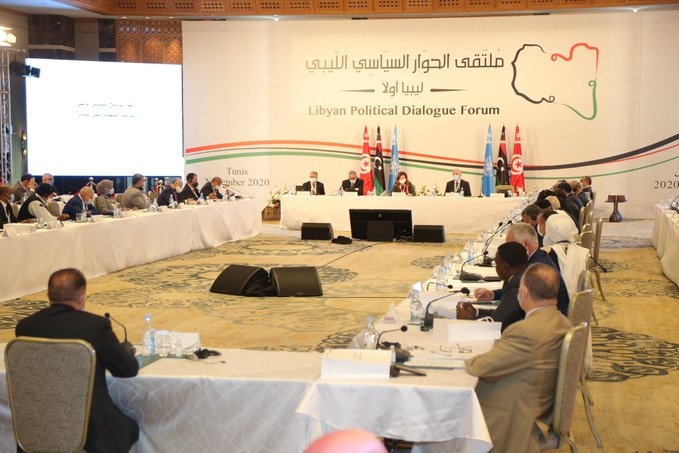
MPs claim that the eastern Libyan parliament has approved a transitional justice bill in a unity motion
In an effort to bring the oil-producing nation back together after more than ten years of factional fighting, three parliamentarians announced that the parliament of eastern Libya had adopted a national reconciliation and transitional justice bill.
Abdullah Belaihaq, the spokesperson for the House of Representatives (HoR), stated on the X platform that the law was approved by the majority of those present at the session on Tuesday in Benghazi, the second-largest city in Libya.
However, given that Libya has been split since a civil conflict in 2014 that produced two competing governments fighting for control in the east and west after the NATO-backed revolt that overthrew Muammar Gaddafi in 2011, putting the legislation into effect may prove difficult.
House member Abdulmenam Alorafi told Reuters over the phone on Wednesday, “I hope that it (the law) will be in effect all over the country and will not face any difficulties.”
An inclusive, rights-based transitional justice and reconciliation process in Libya has been demanded time and again by the UN mission there.
After a December 2021 election collapsed due to disagreements about the eligibility of the leading candidates, a political process to overcome years of institutional discord and open combat has halted.
The parliament no longer acknowledges the authority of the Government of National Unity (GNU) in Tripoli, which was put in place in 2021 with support from the United Nations and is led by Prime Minister Abdulhamid al-Dbeibah. Without holding national elections, Dbeibah has pledged not to hand up power to a new administration.
There are two rival legislative bodies: the High Council of State in Tripoli, which was established as part of a 2015 political agreement and is derived from a 2012 parliament, and the House of Representatives, which was elected in 2014 as the national parliament with a four-year mandate to supervise a political transition.
With the backing of the African Union and the United Nations, the Tripoli-based Presidential Council, which took power alongside GNU, has been organizing “a comprehensive conference” and working on a reconciliation initiative. However, due to their ongoing conflicts, it has failed to unite all competing groupings.
All Categories
Recent Posts
Tags
+13162306000
zoneyetu@yahoo.com


